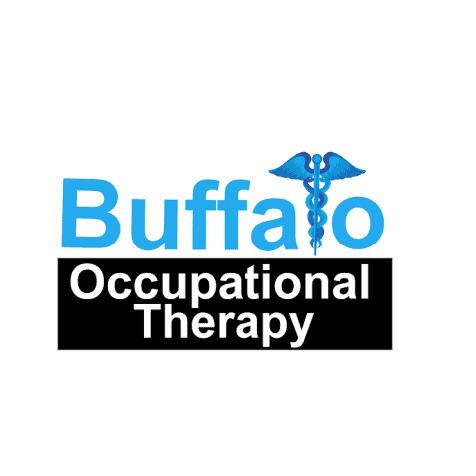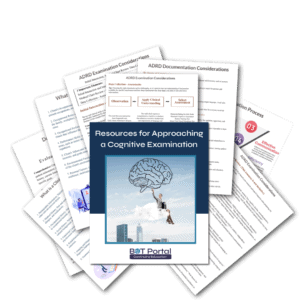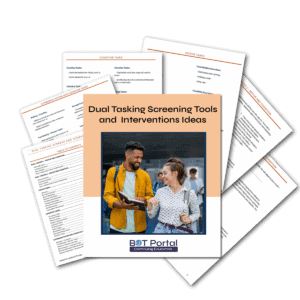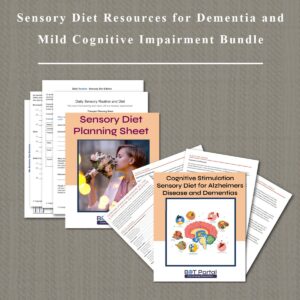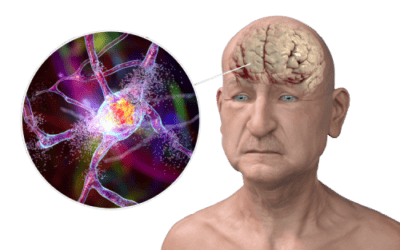
CLINICAL SERVICE
Cognitive Therapy
Clinical Treatment and Neurological Management Services
Cognitive Therapy by Buffalo Occupational Therapy is the most comprehensive cognitive and supportive cognitive therapy rehabilitation program in Western New York. OT Practitioners provide integrative training that combines movement, cognition, communication, and psychosocial skills for improved executive functioning as it relates to daily life performance.
Occupational Therapy Practitioners are highly trained in neuroanatomy, medical diagnoses and pathologies that impact various parts of the brain causing cognitive impairments and memory changes, and how to leverage neural redundancies and neuroplasticity to improve your brain’s performance.
Buffalo Occupational Therapy has also been combining cognitive therapy with mobility therapy since the day we opened our doors so that we can bring you the most current, evidence-based, dual tasking training program in New York. This sets us apart from every other neurological rehabilitation clinic in our practicing area. Buffalo Occupational Therapy is the only cognitve therapy program that offers long-term functional oversight throughout the aging process or throughout the progression of your diagnosis to ensure you are protecting your greatest cognitive potential regardless of diagnosis.
What skills are addressed in Cognitive Therapy by Occupational Therapy?
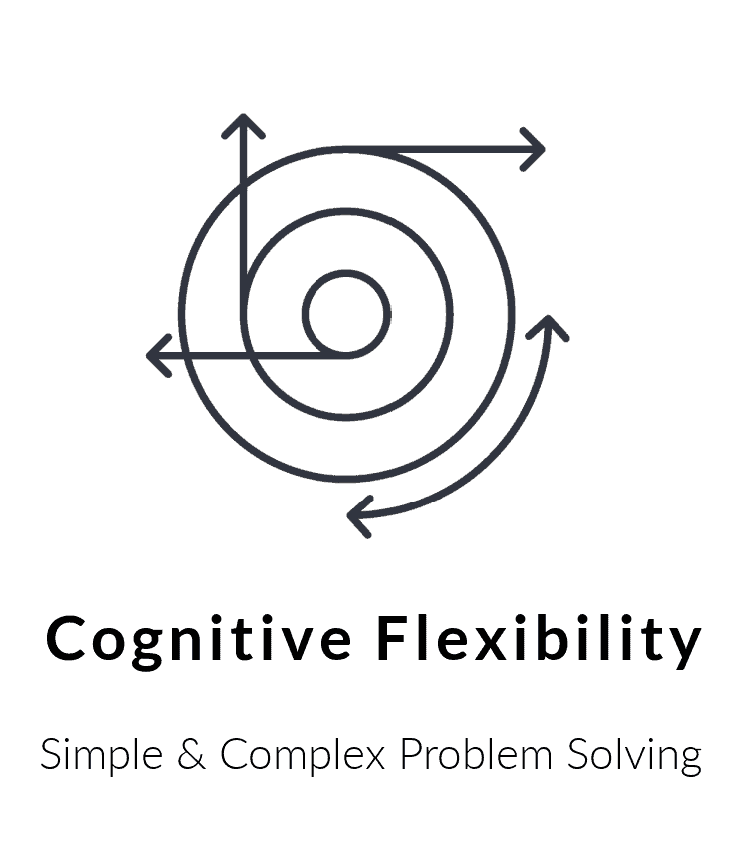
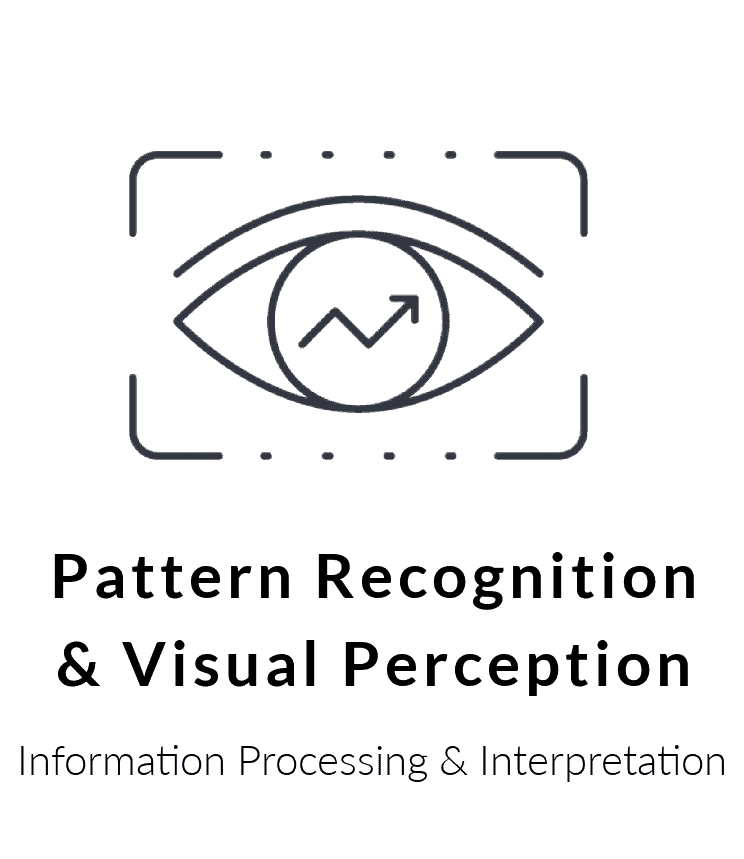
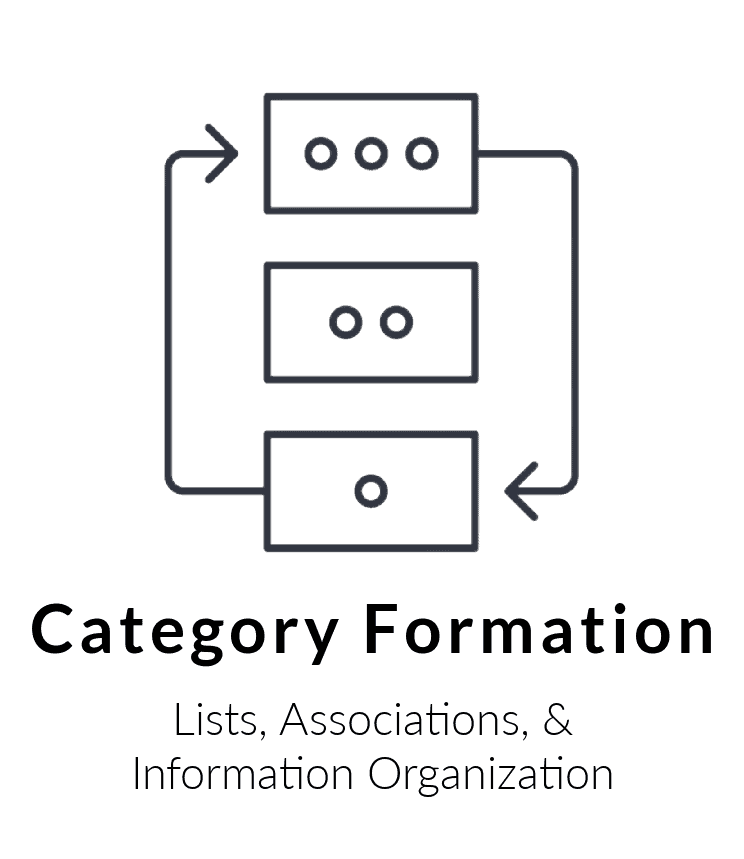
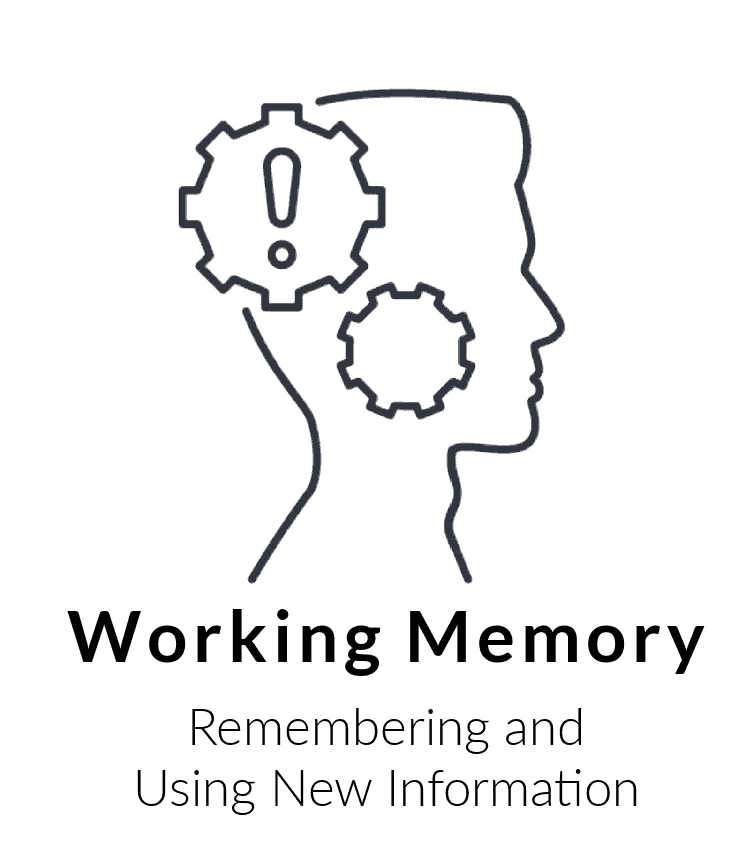
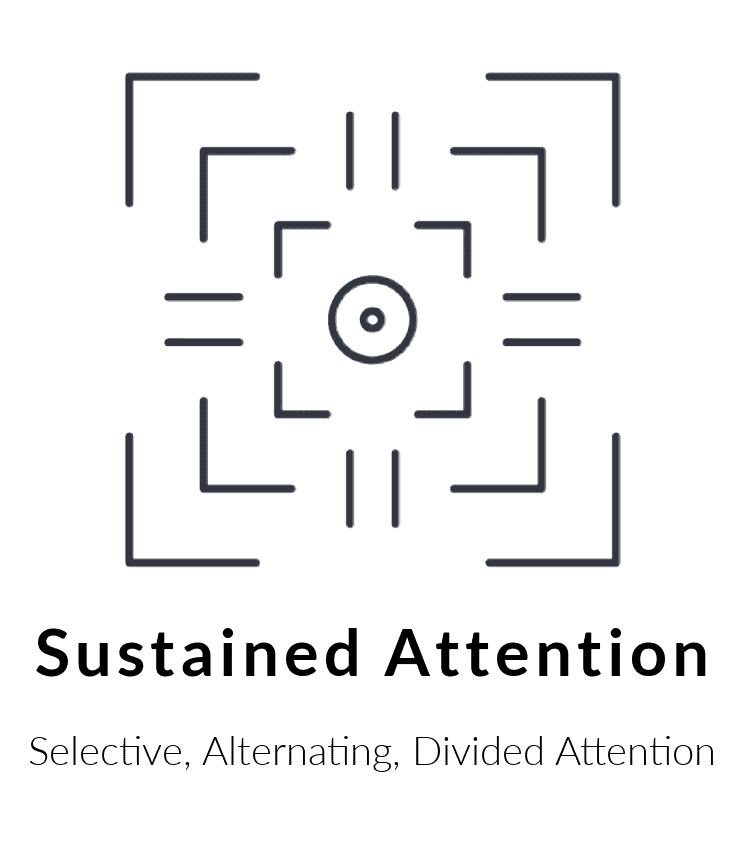

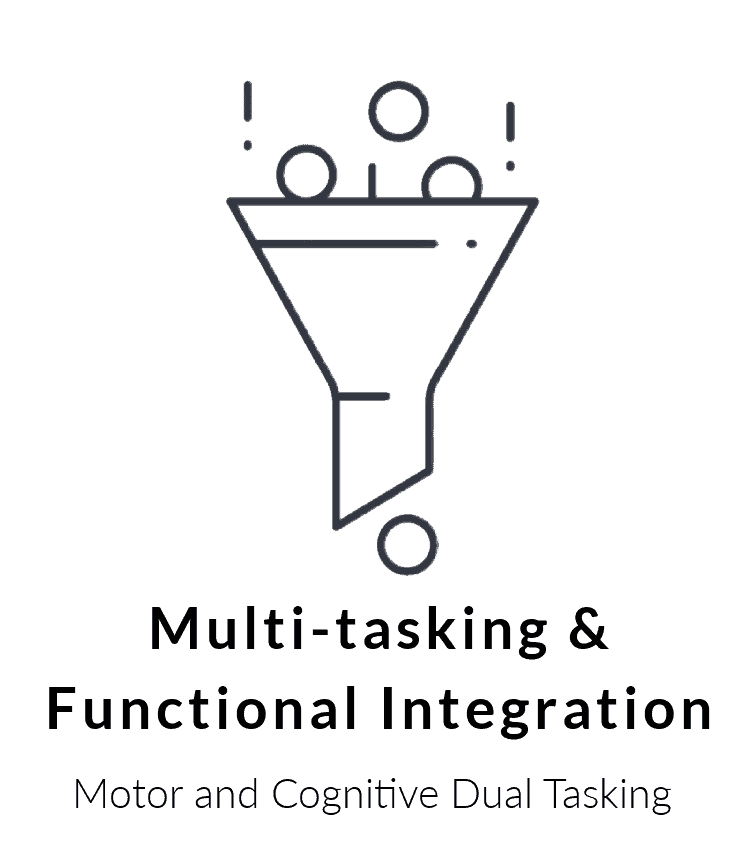
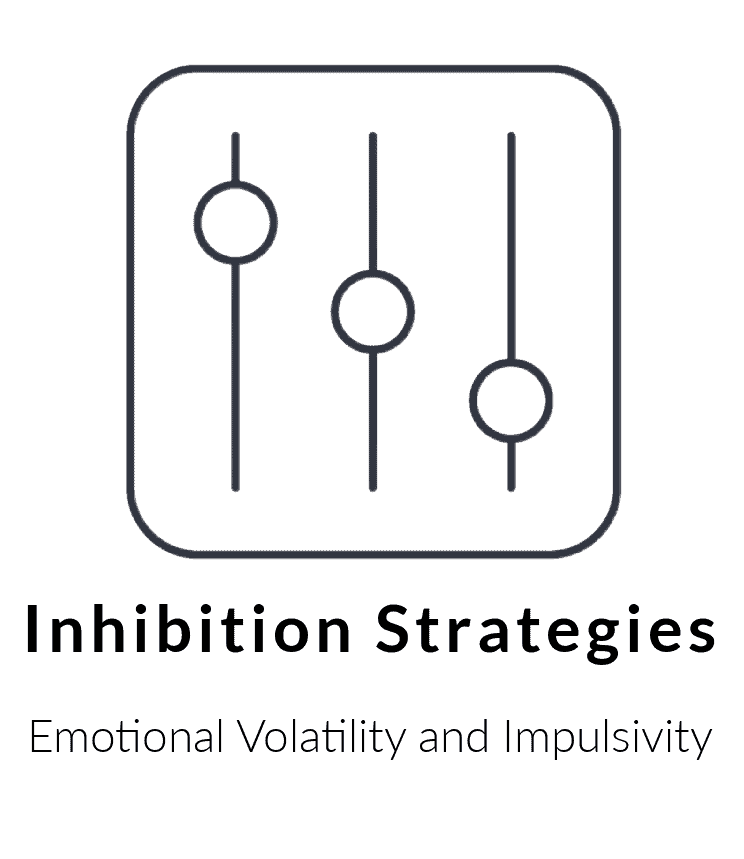
How is Buffalo OT Cognitive Therapy Distinguished from other providers?

Diagnostic and Anatomical Review
As a science-based holistic provider, your clinician has extensive knowledge of your diagnosis and the way your diagnosis impacts you. Your occupational therapy practitioner will ask you questions about your diagnosis and study the area of the nervous system being affected so that they are able to address the “root” of your concern. As functional analysts, OT practitioners are detectives and care about the details of your journey.

Establish an Occupational Profile
Next, your practitioner will create an occupational profile. An occupation includes any activity you complete in the following categories: activities of daily living, instrumental activities of daily living, work, school, play, health management and chronic disease management, leisure, sleep/rest, and social participation. The OTP will taken a detailed inventory of is being impacted in your every day life that is causing you to feel a lack of control over your wellbeing.

Perform Activity Analysis
Occupational Therapy Practitioners (OTPs) are analysts. They are trained in applying their studies in science and medicine to the barriers of every day life. They see beyond a “simple task” and understand the micro-compexities required for your body to complete them. This includes and is not limited sensory regulation, movement control, social participation and communication, and the role of executive function in all of them. By studying that activities you are struggling with, your OTP is able to design a plan of care that includes specific checkpoints to ensure you are most supported in completing your goals.
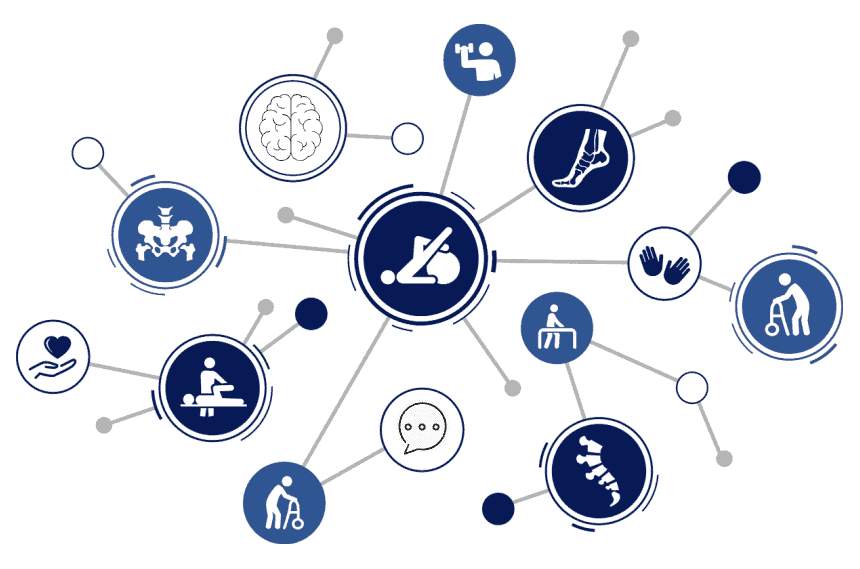
Distinguished Intervention Approach
The beauty of occupational therapy is that it is based on your defined needs, and your practitioner is a practiced generalist. Your practitioner is able to design interventions that will improve your overall functional performance. That’s right! OTPs are trained in all elements of human functional performance and are able to design treatments to enhance them! Why? Because they are able to look at the big picture while simultaneously addressing the details! Cool, right? This means that OT can address the individual components of performance like attention, memory, strength, recall, retrieval, balance, stability, cognitive endurance, muscle endurance, but they will also put them together to improve dual tasking, multi-tasking, and specific task performance.

Health Management Guidance and Referrals
Finally, and perhaps most important, your occupational therapy practitioner will provide undivided time to address health management and community living. OT is a profession that has been trained in both medical and social approaches to wellness. This means that OT can help you understand your condition/diagnosis, provide training to help you advocate for yourself in the medical system, and can generate referrals for community partners. Buffalo OT supports transdisciplinary care. This means that we have an established network of professionals and support services in WNY to whom we can refer in order to maximize your potential. After getting to know you and determining your needs, your OTP can provide you a referral for Neurology, Functional Medicine, Primary Care, Respiratory Therapy, Physical Therapy, Speech Therapy, Massage Therapy, Wellness Program, and more.
The Neurocognitive Workbook : Long-term Cognitive Performance Tracking
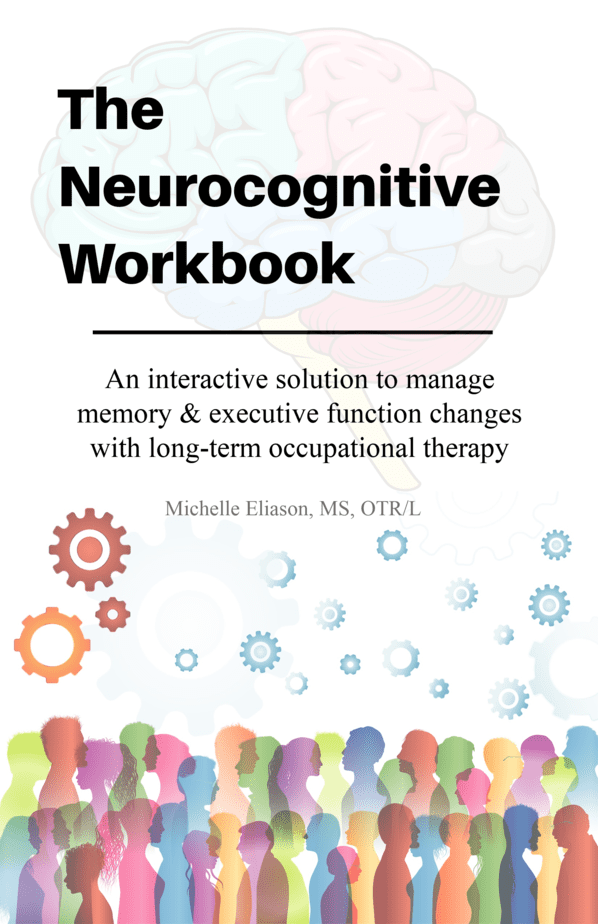
The Neurocognitive Workbook is the only one of its kind. This is unlike any other workbook of puzzles and activities. If you find yourself or your loved one is struggling with cognition, memory, or executive function changes, The Neurocognitive Workbook provides a structured, intentional, and interactive tool you can use with your long-term occupational therapy team. Addressing numerous executive functions, visual perceptual skills, and cognitive elements throughout over 180 puzzles, this workbook addresses many problems that come from age-related changes or changes associated with a progressive neurological condition. The Neurocognitive Workbook provides you a way to establish a timeline of performance with oversight from practitioners specialized in cognitive remedial performance and can be repeated countless times to gain insight into improvements, areas you have maintained, and areas that are becoming more difficult so that it can be immediately addressed through skilled therapies.
Looking for Something Else?
Not looking for medically necessary services?
Buffalo Occupational Therapy is a specialized memory center offering Intensive Cognitive Stimulation Training for all levels of memories and various neurological conditions.
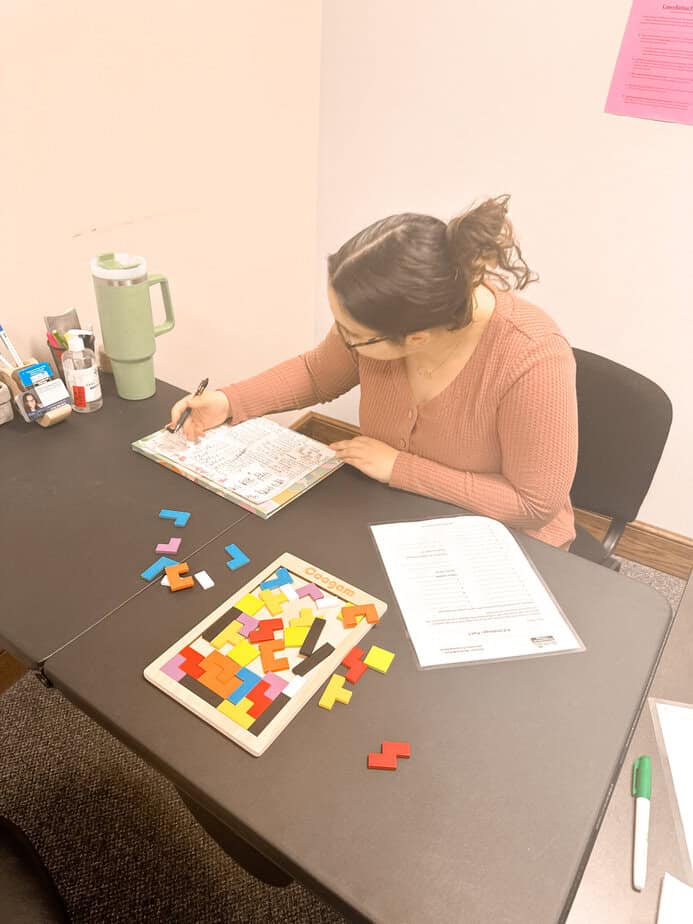
Browse the Resource Store!
Looking for brain exercises to enhance your memory? Check out some of the resources we use in our therapies and programs.
Brain Fog
Brain fog feels like your brain is running through mud—it’s harder to think clearly, focus, or even find the right words in conversations. You might feel forgetful, struggle to concentrate, or take longer to process information. It’s not a medical term but a way to...
Alzheimer’s Disease Medications for Memory
Recent advancements in Alzheimer’s treatment have led to FDA approval of several new medications for Alzheimer’s Disease and mild cognitive impairment (MCI). These developments are the result of rigorous research and clinical trials aimed at improving the quality of life for those affected by these conditions. The newly approved medications offer hope for better management of symptoms and potentially slowing the progression of cognitive decline.
One of the key focuses of recent research has been on targeting the underlying mechanisms of Alzheimer’s, such as amyloid plaques and tau tangles. These innovative approaches have shown promise in clinical trials, leading to the approval of drugs that can more effectively address these core issues. Additionally, advancements in diagnostic tools have enabled earlier and more accurate detection of Alzheimer’s and MCI, allowing for timely intervention with these new treatments.
For healthcare professionals, caregivers, and patients, staying informed about these advancements is crucial. Our latest blog article provides a look at these new medications, their mechanisms of action, and the potential impact on patient care.
Stages of Alzheimer’s Disease
Alzheimer’s disease progresses through several stages, each presenting its own set of challenges for both the individual and their loved ones. In the early stages, memory lapses and difficulty with familiar tasks may be subtle, but as the disease advances, symptoms become more pronounced. In the middle stages, confusion and disorientation become more frequent, and individuals may require assistance with daily activities. Finally, in the late stages, communication becomes extremely limited, and round-the-clock care is often necessary. Understanding these stages can help families better navigate the journey of Alzheimer’s, providing support and planning for the road ahead.
Warning Signs of Dementia
It is difficult to tell the difference between memory loss in normal aging and warning signs of dementia, but there are several common findings that may serve as a warning sign that something deeper may be happening than normal aging.
Early Signs of Dementia in Women
“Memory is the treasure house of the mind wherein the monuments thereof are kept and preserved”. Thomas Fuller Early signs of dementia in women:Early: This refers to the beginning stages or the initial phase of something. In the context of "early signs of dementia,"...
Lewy Body Dementia and Rehabilitation
Lewy Body Dementia Lewy Body Dementia is a condition that looks different for each person, but the way the disease works in the brain, known as pathogenesis, follows the same general pattern. Some specialized physical, occupational, and speech therapists are trained...
